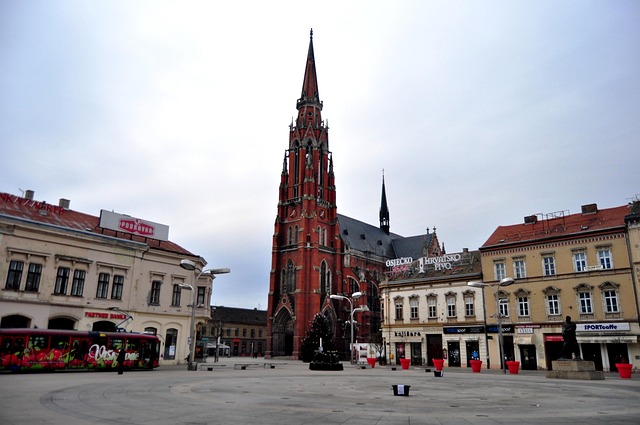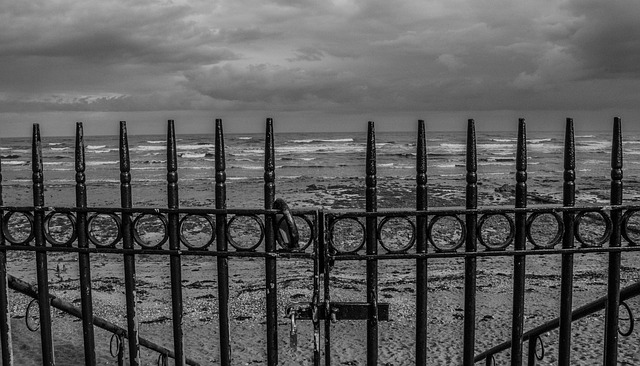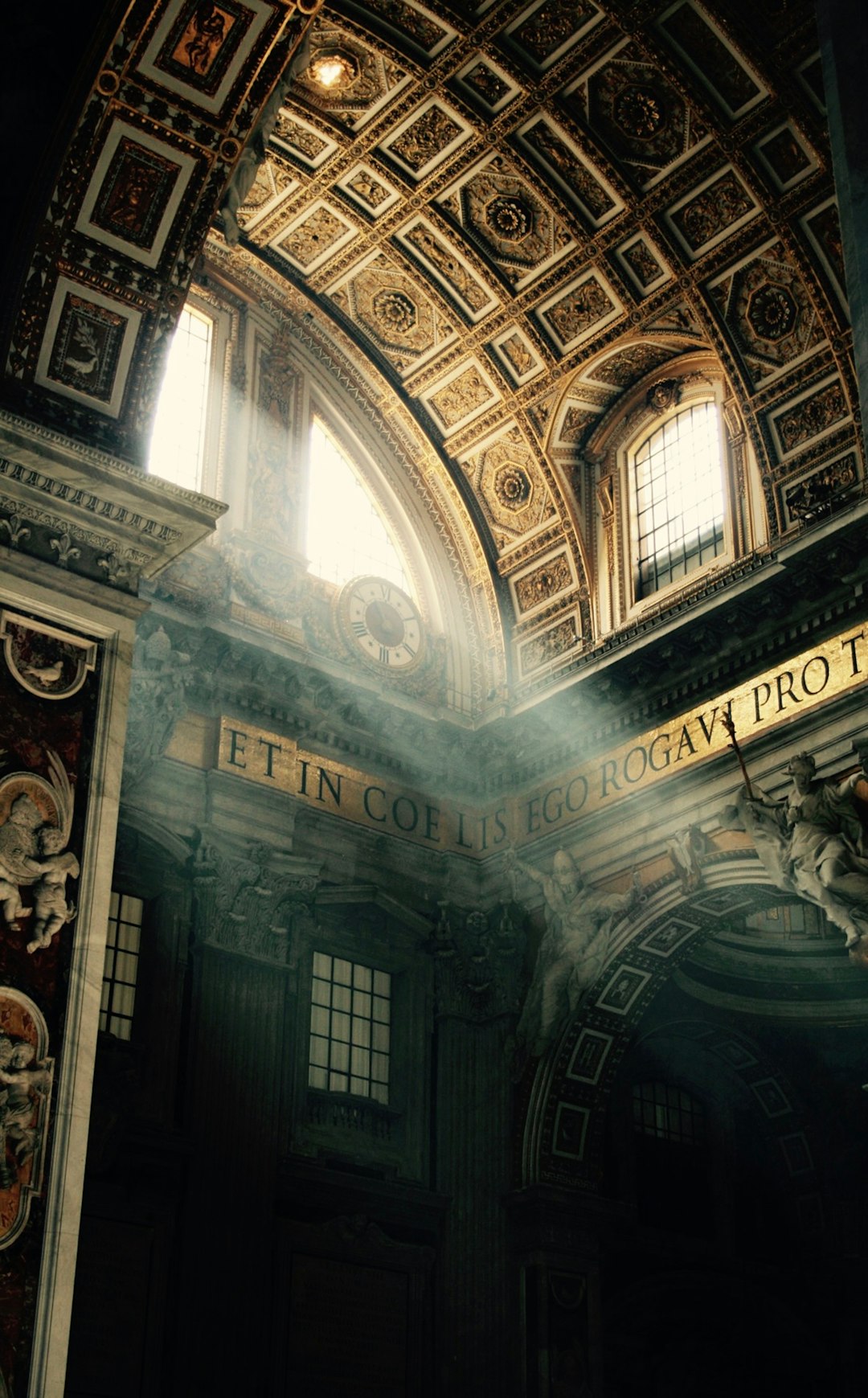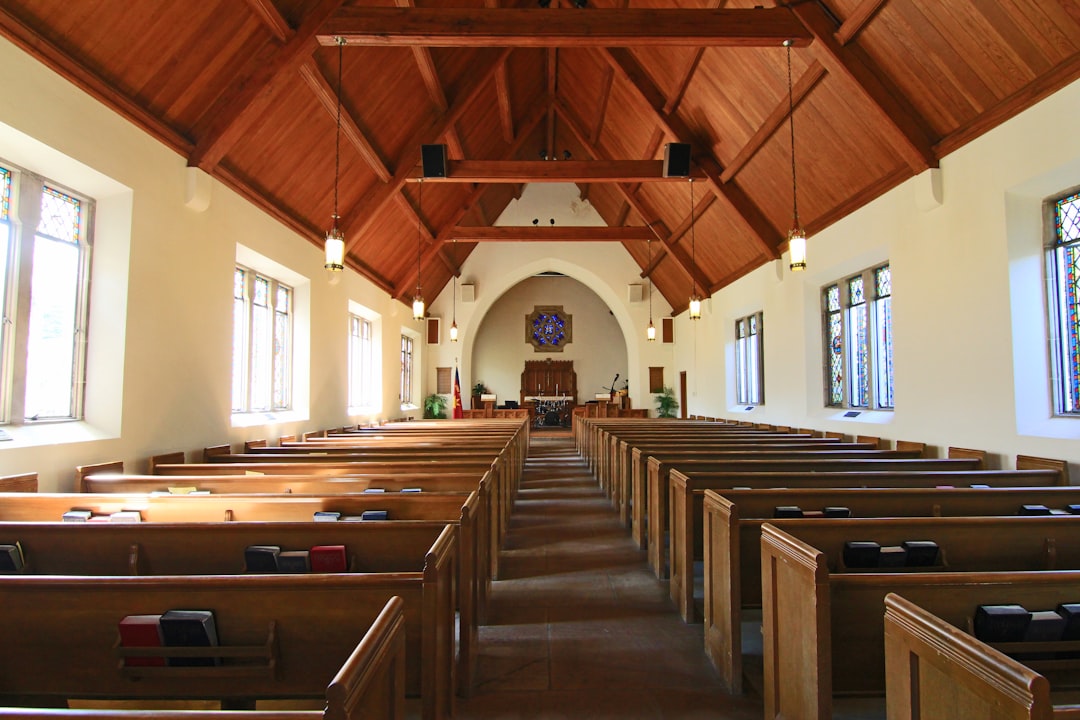In Denver, Colorado, victims of sexual assault by clergy face unique challenges due to power dynamics within religious institutions. A clergy abuse attorney in Denver CO is crucial for advocating victims' rights, offering specialized legal support, and ensuring justice and compensation. These attorneys navigate complex laws and church policies, providing confidential counseling and strategic guidance while holding perpetrators accountable, thus contributing to preventing future abuse.
In Denver, as across the nation, the issue of clergy sexual assault has gained critical attention, sensitizing communities to the hidden trauma within religious institutions. Understanding and addressing this complex problem requires the expertise of a specialized clergy abuse attorney in Denver, CO. These legal professionals play a pivotal role in supporting survivors and holding perpetrators accountable while navigating the unique challenges associated with such sensitive cases. This article explores these key aspects, shedding light on the crucial work of a clergy abuse attorney in ensuring justice and healing.
Understanding Clergy Abuse: A Sensitized Issue in Denver

In Denver, as across the nation, the issue of clergy abuse has gained significant attention in recent years. The sensitive nature of such cases requires a deep understanding of the dynamics involved, both within religious institutions and the legal system. Many victims of sexual assault by priests or other clergy members face unique challenges when considering legal action due to the power imbalance and trust that exists between clergymen and their congregations.
With an increasing awareness of these issues, there is a growing need for specialized legal support. A Denver clergy abuse attorney plays a crucial role in advocating for victims, ensuring they receive justice and compensation for the trauma they have endured. These attorneys are equipped to navigate complex legal procedures while sensitively handling cases that often involve deeply personal and emotional matters. In Colorado, where religious communities are diverse, having a local expert in clergy abuse law is essential for victims seeking redress through the courts.
The Role of a Clergy Abuse Attorney in Colorado
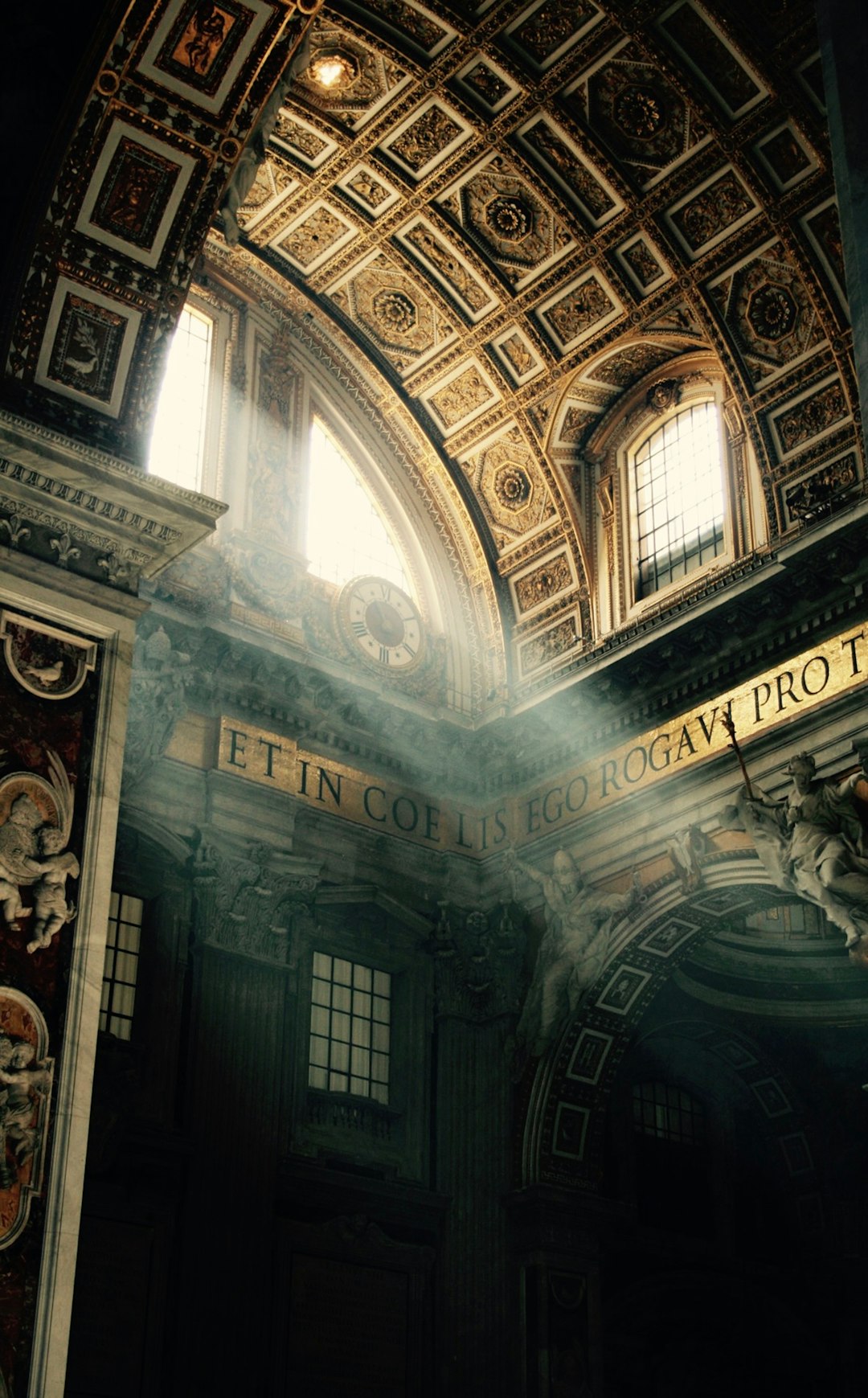
In Denver, Colorado, a clergy abuse attorney plays a pivotal role in holding accountable those responsible for sexual assault within religious institutions. These legal professionals are equipped to navigate complex laws and church doctrines related to clerical misconduct. They provide essential support to victims who have suffered at the hands of priests or other religious figures, offering them a voice and seeking justice.
A skilled clergy abuse attorney in Denver CO understands the unique challenges faced by victims of such heinous crimes. They offer confidential counseling, guide clients through legal processes, and represent their interests in civil lawsuits. Their expertise enables them to build strong cases, ensuring that victims receive fair compensation for their trauma while holding perpetrators liable for their actions.
Supporting Survivors and Holding Offenders Accountable
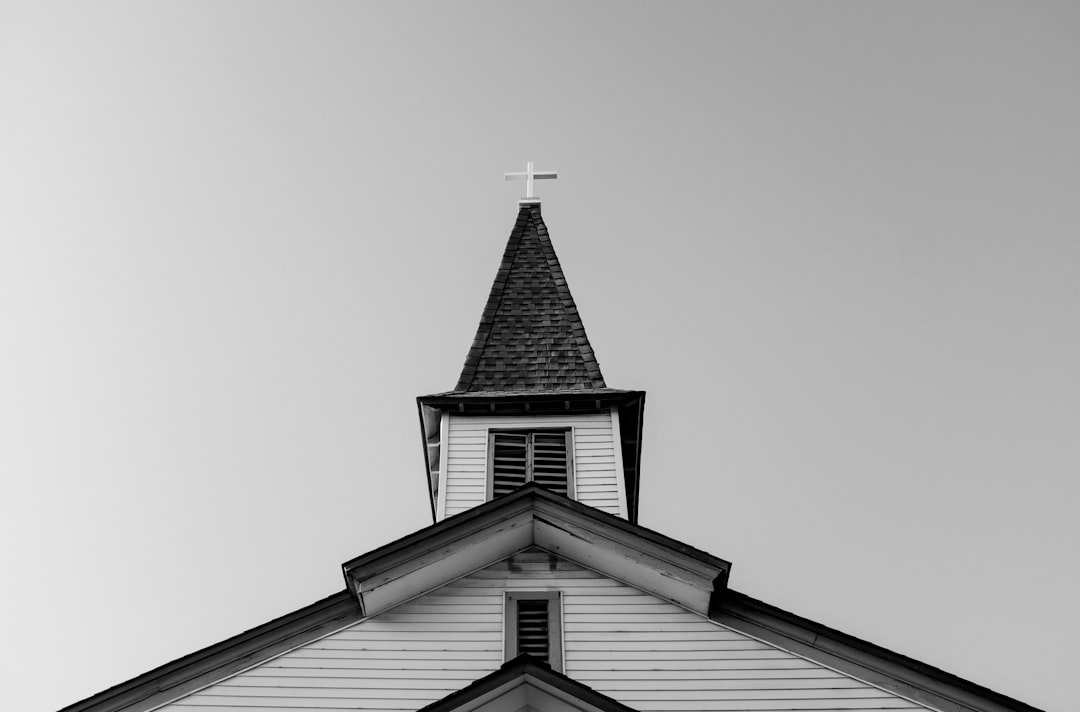
In the face of clergy abuse, it’s imperative that survivors feel supported and heard. A skilled clergy abuse attorney in Denver, CO plays a pivotal role in this process, guiding victims through the legal system while advocating for their rights. They help them find justice, closure, and the resources needed to heal from deep-seated trauma. These attorneys understand the sensitivity of these cases and approach them with empathy, ensuring survivors’ privacy and providing a safe space to share their stories.
Holding offenders accountable is equally crucial. A Denver clergy abuse attorney fights to bring perpetrators to justice, seeking appropriate penalties for their actions. They work tirelessly to ensure that institutions responsible for protecting vulnerable individuals are held liable for their failure to do so. By pursuing legal action, these attorneys not only provide closure to survivors but also contribute to preventing future instances of clergy abuse by sending a clear message that such conduct will not be tolerated.
